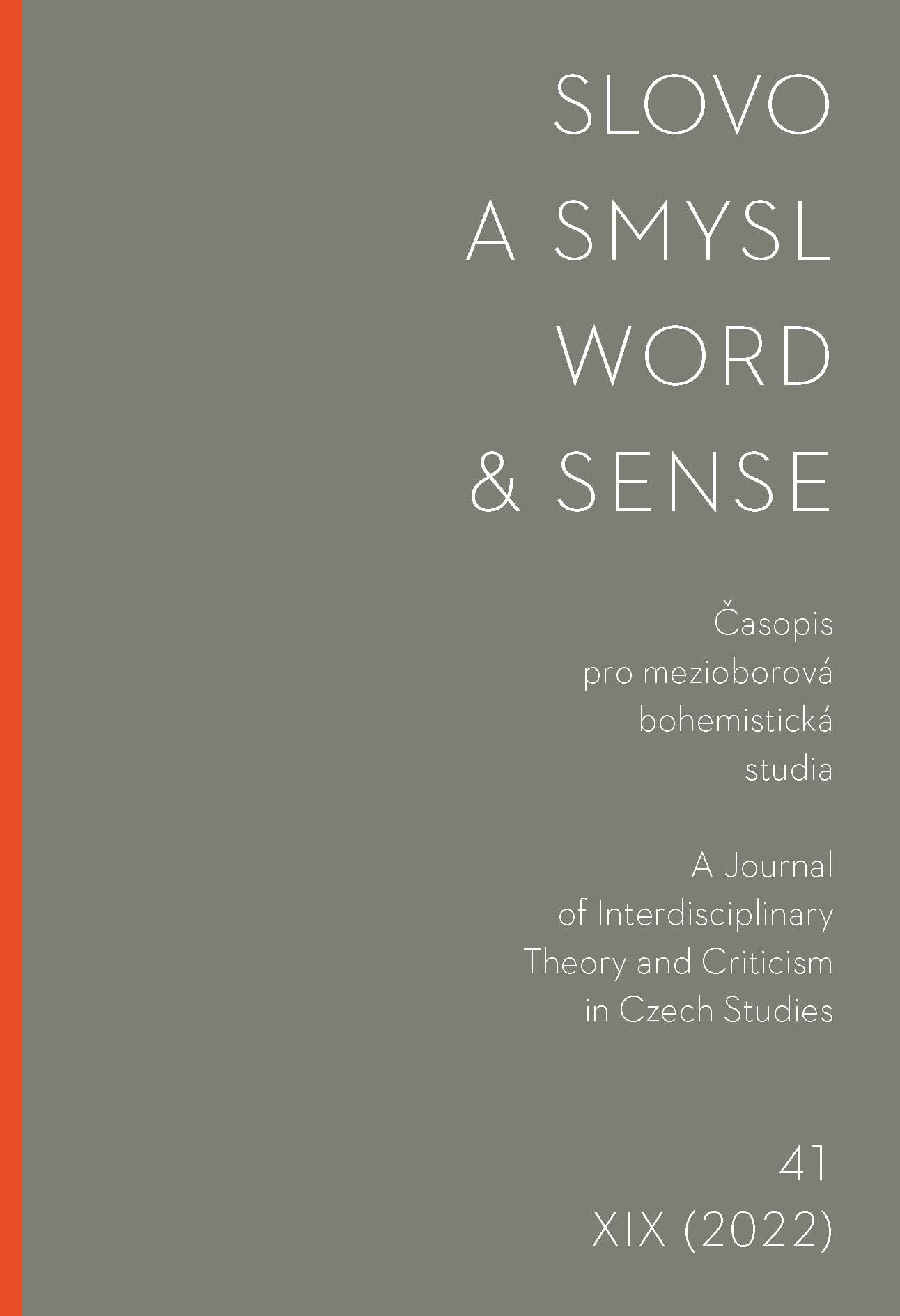Why Learn from Chicanas?
Why Learn from Chicanas?
The Relevance of U.S. Third World Chicana Thinkers in Polish Feminist Research
Author(s): Aleksandra HołubowiczContributor(s): Aleksandra Hołubowicz (Editor)
Subject(s): Gender Studies, Ethnic Minorities Studies, Identity of Collectives
Published by: Univerzita Karlova v Praze - Filozofická fakulta, Vydavatelství
Keywords: Gloria Anzaldúa; Ana Castillo; Chela Sandoval; U.S. third-world feminism; mestizaje; mestiza consciousness; nepantilismo; conscientización; Latinx; Chicana
Summary/Abstract: American feminist theories have long energised Polish scholarly work, and many Polish academics have drawn on the research of renowned American writers such as Judith Butler. Polish translations of numerous American authors may well have increased readership, which would otherwise be confined to English-speaking intellectuals. Wydawnictwo Krytyki Politycznej, a left-leaning publishing house, offers a wide selection of crucial works by American feminists and sells those books at affordable prices, making certain texts by Butler, Carol Gilligan, and Katha Pollitt widely accessible. Most works published in Polish have been authored by white women with some attempts to be more racially inclusive (the works of Gayatri Chakravorty Spivak and bell hooks, for example, can also be found in translation). Chicana writers, on the other hand, are not part of Krytyka Polityczna’s canon. This paper aims to address this oversight, arguing for the benefits of drawing on Chicanas’ research in the analysis of various social, political, and cultural phenomena in Poland. It also takes a close look at several relevant terms/concepts proposed by Gloria Anzaldúa, Ana Castillo, and Chela Sandoval, as well as the ways in which these could be applied in the Polish context.
Journal: Slovo a smysl
- Issue Year: 19/2022
- Issue No: 41
- Page Range: 92-117
- Page Count: 26
- Language: English

